|
Part of the appeal of a Fringe Festival is the possibility of getting awards and/or reviews that theoretically catapult you and your show to greater success. I think my first Fringe, PortFringe in Maine, bypassed this altogether. If they were handing out awards, the Society for the Preservation and Promotion of Sapphic Social Mores did not receive any. "Ladies at A Gay Girls' Bar"'s first fringe was Providence, RI, where audience members create their own awards and "nominate" acts for them on social media. And that is how I received the honor of "Most Works Cited AKA Best Bibliography" from Fringe PVD. Anyway, a few people have asked about the books in the piece, and I realized it would be good to share the whole program and works cited.
Here's the whole program in google docs. Content may change slightly from show to show, but the main info will be the same.
I hope you enjoy! Happy Reading
0 Comments
I never enjoy the part of putting on an event that requires me to update my website, all social media, eventbrite pages, profile pictures etc. It's the kind of thing that really sets off my personal anxiety gremlins. I always forget a platform or type the wrong date, and I hate it even when it's the public debut of something I care so deeply about.
This week I have the unfortunate task of doing all those annoying steps to tell you about things that are not happening, or happening very differently than planned. True Colors and WOW Cafe Theatre with Chicava HoneyChild have been rescheduled, and further changes could be made to those events. I'm postponing the Boston April 3&5 shows indefinitely. I don't feel confident in making big plans right now. I will be livestreaming rehearsal from my living room March 27 at 7:00 PM and April 4 at 8:00 PM. The production values will be minimal, but I've enjoyed watching live performances from other artists and I want to offer this to you! If you want to support this project with a little cash, that's appreciated, but not required at all. You can buy a ticket at eventbrite or donate via our fiscal sponsor, Fractured Atlas. I'm vacillating between being devastated that this years-long project is postponed, to being devastated for the world, to teaching myself to sew surgical masks. I'm cooking, baking, sewing, working out and doing PT for hours everyday, and figuring out ways to stay connected with my students and community. I took a couple weeks off from rehearsing this piece, but I'll start back up again to prepare for the livestream! Ultimately, you all give me so much hope for this show. I've never had advance ticket sales this good, and each ticket sold is an affirmation that people want to see this work. I was so excited to share it with you all. I feel so proud of all the details I've refined and how much it's improved since Hartford. Today I should be at The True Colors Conference, an event that was so important to me so much as a young person growing up in Connecticut. They offered community, purpose, lessons in how to organize and serve community with grace, integrity, and compassion. My heart goes out to all the youth and adults who were looking forward to it! I know when I was in high school missing the conference would have been heartbreaking. (If you've seen the show, this is the conference the young me character talks about.) Stay safe and take good care of yourselves and each other! I’ve been lining up social media posts about the books featured in “Ladies at a Gay Girls’ Bar, 1938-1969” and, not surprisingly, find that I have more to say about one in particular than will fit in a tweet, or even an instagram caption. I have some feelings about Stone Butch Blues; about its impact on my tiny slice of the community I came out into, and ultimately about why a butch story dominated our conversations and images of ourselves. The real issue, of course, isn’t with this one book, but with why and how it shaped my tiny slice of my queer generation. Stone Butch Blues is the only book on stage that I don’t directly quote from during the show. I mostly use it as a foil, asking “why are all the femmes in this book like Betty Crocker, Marilyn Monroe, and Florence Nightingale rolled into one?” It’s not the most generous interpretation of the book, but I stand by it. More generously, let’s hear from NYTimes contributing opinion writer Kaitlyn Greenidge, who declared it “the best book for 2018.” In the novel, Feinberg’s avatar, the protagonist, Jess, grows up in working-class Buffalo in the 1950s, at first identifying as a butch lesbian, then realizing she must transition to a closeted trans man as the political debates around feminism, political lesbianism and the very real pressure of finding a job intensify. The story follows Jess’s attempts to organize while doing factory work; it explores upstate New York’s lesbian scene; and it shows the police and state violence she experiences. Along the way, Jess tries to answer questions that I see and hear people around me grapple with today: How do you effectively organize across racial lines? How do you address the generational divides in your community? How do you fight sexism in your workplace, knowing you’re going to have to eat with your foes and band with them later for fair working conditions? The quarter-century-old work does something that most political writing cannot do, something that speaks to our current moment. It reminds us of the psychological and emotional toll of oppression. That “psychological and emotional toll” is surely a huge part of why we as queer youth connected to the book. As different as our experiences might have been from Jess’s, we latched on to that. In the show, I describe a friend loaning me a copy of a book “everyone we know is reading.” This was around 1999 or 2000, 6 or 7 years after it was first published. “Everyone” refers to my cohort of LGBTQIA+ friends from around New England (and the internet) - GSA leaders, poets, theater kids; mostly rural and suburban, mostly white; privileged or brave or stupid enough (maybe all three) to be out in some way, shape, or form. We had, as I say in the show, a lot of words we used for ourselves. We had our identities and we had each other. We met in person for open mics, meetings, and dances, and stayed connected in between via long emails, letters, and zines. The LGBTQ young adult fiction boom was years away. It wasn’t easy to access queer books, or any other media representation, so anything we got our hands on had an outsized influence. On the occasion of Feinberg’s death in 2014, June Thomas wrote: Before the novel Stone Butch Blues appeared in 1993...butch and femme were usually treated as outmoded holdovers...Stone Butch Blues changed that by telling the story of an unapologetically political butch/passing/trans character and by blowing apart stereotypical ideas about role-based romantic relationships. The fierce, “finally, I’m not alone” way that some readers connected with the novel was striking. On the rare occasions when people have unironically handed me a book and declared that it changed, or perhaps even saved, their life, it has almost always been a dog-eared copy of Stone Butch Blues. I’m not sure if the person who first handed me the book said that in so many words, but I know It’s hard to overstate the impact it had on my very specific community of young people and how we positioned ourselves in relationship to the book. It’s a book that will make you depressed, make you cry, make you want to storm whatever real or metaphorical barricades you have in your life. It has a visceral truth to it that stays with you. Following in the footsteps of Stone Butch Blues, we yearned to fight, to matter, to be in community like the characters in the book did. We centered and idolized queer masculinity. With all due love and respect for Stone Butch Blues, for Leslie Feinberg and hir work, hir femme characters are tropes, selflessly nurturing young butches and cooking vegetables in butter just the way their butches like them. I don’t want to give my teenage self too much credit, but I think she may have recognized how cloying those characters are, even as she also wanted to be them. (Especially in the sex scenes, which are not erotica-level explicit but made my virgin self swoon with desire.) I was captivated by the genuine sexual and emotional exchange between butches and femmes, how by healing each others’ pain of gender dissonance and truly seeing each other we can inhabit our authentic selves more deeply. I longed for that kind of connection with someone. I also longed to see myself reflected the way my friends saw themselves in Stone Butch Blues: a strong character, written from autobiographical experience, living a whole and flawed and authentic life. That was missing in my little queer youth community - the possibility of seeing my gender as valid, as queer, as real. My criticism isn’t really with the book. The word is right there in the title - the hero in Stone Butch Blues is the butch, and the hero’s journey is one of self acceptance, struggle for justice, and of gender identity and gender transition. My real issue is why this was the book - why was my group of peers so fixated on a white butch protagonist, why didn’t we also freak out about Zami: A New Spelling of My Name by Audre Lorde, or My Dangerous Desires by Amber Hollibaugh or A Restricted Country by Joan Nestle or Trash by Dorothy Allison or The Gilda Stories by Jewelle Gomez? Racism, misogyny, class, homophobia is the primary answer. In their various intersections, they all color what stories we tell and how we amplify what speaks to us. I want to also ask what did we lose by not having a femme story, or a QPOC story, to imagine ourself in? What could we have gained by having dynamic, complicated, flawed, resilient POC and femme characters in the stories our community most treasures? If you haven’t read Stone Butch Blues, you have no excuse - go read it, absolutely. It’s available for free as a PDF on hir website. And then go read a book by and about femmes. ...with citations. This piece came about as a sort of side product of my solo show, “Ladies At A Gay Girl’s Bar, 1938-1969.” The solo show is all about the feels - or, as it says in my grant applications, about exploring the emotional landscape of femmes in mid-century working class lesbian communities. Parts of this piece do show up in the solo show. But I had an aha moment about the eternal question "are femmes really gay" that didn't quite fit. Hence, my “TED Talk.” Below is the piece as I performed it, with links to further info for all you nerds out there. Books and stories give us windows of possibility as queer people. “We Walk Alone Through Lesbos’ Lonely Groves” by Ann Aldrich came out in 1955. Ann Aldrich is one of the many pen names of Marijane Meaker, one of the first lesbian pulp writers and a lesbian herself. This book had a tremendous effect on how lesbians saw themselves and their communities. If you didn’t fall in love with the girl across the hall or stumble into a gay bar, this book could be a guide to figuring out who you were, who your people were, and what you could do about it. I want to share what this book has to say about femmes. “The best way to describe a femme is to say that she seems always to be on the verge of something. A butch is an expensive dependent, and the fem often talks about the break she is on the verge of getting, which will provide her and her lover with those luxuries for which they dare to hope. The fem is on the verge of femininity - she too is a caricature - this time a caricature of womanliness. Her perfume is a little too heavy, her hats are a little too zany, her makeup is overdone, her walk exaggerated, her speech affected. Her effort to be a feminine being is too concentrated. Fems try hard to look, act and be ladies, but they never quite succeed. While she is attracted to the girl who can look more mannish than any other, she is repelled by men. “ It reflects the narrator's prejudices. Against butches, femmes, sex workers. By today’s standards, the whole thing feels self-loathing. A white woman, she writes about people of color as others, if at all. A huge part of her disdain for femmes and butches is based on their working class roots, their embracing of their queerness, their refusal to assimilate while upper class lesbians carried out discreet affairs. Excessive. Overdone, zany. Trying to be a lady, but categorically unable to succeed because in 1955, you can only be a lady if you are, at bare minimum, not repelled by men. Excessive. Overdone. Zany. That’s what we like about femme, isn’t it? We love femmes here, today at Oberon. We love the entire spectrum of amazing, incredible things that femme can mean now, and the narrower, also amazing, incredible, roles that femmes played in lesbian communities in the past. But not every day is the Femme Show. Sometimes we’re told we don’t belong. I've been trying to figure out why. Trying to figure out what happened before and after Ann Aldrich that got us to where we are. There are many answers, and some very specific ones can be found in books that gave lesbians images of themselves. While we’re talking about books, we can go back to 1928 and The Well of Loneliness - the tale of a butch or “invert” who sacrifices her own happiness so the feminine woman she loves can find happiness with a man. But the trope of a predatory, masculine lesbian in love with a “normal” feminine woman shows up in American media as early as 1892, when the murder of Freda Ward by her masculine fiancee Alice Mitchell captivated America - If they had true crime podcasts in the 1800s this would have been a hit. (There’s a great book about it by Alexis Coe ) So, I come out in 1998, a crunchy hippie girly girl, I start looking for dykes, looking for role models, and I find them in pretty expected places - the athletics department, folk concerts, coffee shops. Then I try to read every gay book in the state library system. And the more i read, the more confused I am about femme, about where my femininity fits, if it’s something I can hold on to or if it needs to be cast aside. By now, the idea that a lesbian is a masculine person who falls in love with straight women is generations old. The idea that femmes don’t belong here.* No wonder the political activists and Xena Warrior Princess fanatics who were my lesbian role models told me I wore dresses too much. No wonder i felt so alone, so unseen, in my queer community in the 2000s. No wonder, as i started to learn about queer history, especially the mid 20th century working class butches and femmes who are the forgotten vanguard of lesbian visibility, I also read that the femmes weren’t really considered gay. According to butches AND femmes at the time, femmes weren’t trustworthy, weren’t committed to the life. If it was easier to marry a man, they went off and married a man.
But when they walked down the street with a butch, there was no mistaking who they were and why they were together. The femme is an essential piece of the equation. Yes, some did marry men. But I refuse to believe that all of them did. I refuse to be parted from the rich history of butch-femme resistance. When we think about our pre-stonewall forebears, I want us to remember that there were femmes showing up every night, every weekend, to bars and house parties, because they loved women - because their desire for women, for butch women, was stronger than homophobia, stronger than patriarchy. And what could be gayer than that? *I’m indebted to Marie Cartier’s Baby, You Are My Religion for noting how widespread and fundamental the trope of the straight femme became in the popular imagination. By the lovely C-S Photography
Femfinite: The Femme Show 2019 will sell out for sure, so get tickets today!
Dancing Queerly seeks to bring LGBTQ community members of all ages and experiences together through dance. In order to further this mission, we respectfully ask everyone who attends or participates to read and abide by these guidelines.
The Basics
Addition guidelines for Dance Curious, our LGBTQ only workshop, are here. Meet your Dance-Curious Teachers! Dance-Curious is 4 mini workshops in 2 hours, just for the LGBTQ+ community! Lessons will be geared towards beginners, but will also be fun for those with experience! We have an awesome line up of genres and teachers for you! Feel free to stay afterwards for a free, fun social! Please read full participant guidelines here for answers to all your questions! Register here! Carlos Silva (Salsa) is currently a Rumba y Timbal dancer, instructor and choreographer; since 2009 his dancing career took place in Bogota, Colombia thus allowing him to joined Esfera Latina Dance Company, one of the most important academies in the country. He has experienced and trained ballet and jazz as part of his training process. He has trained for almost nine years and participated in many salsa competitions including Festival Mundial de Salsa Cali 2011 & 2012, Colombia Salsa Festival, World Latin Dance Cup Pro Cabaret 2014, Summit Salsa Fest CT 2016 and 2017 and some other local competitions. Jennifer Crowell-Kuhnberg (Contemporary) is the Executive Director of OnStage Dance Company, a choreographer, performer and dance instructor. In addition to creating work for OnStage, Jen choreographed the evening-length productions: Selichot (Temple Shalom, Newton, 2017), What Is Love? (Green Street Studios, Cambridge, 2015) and Heartbeat: A Modern Dance Rock Concert (OBERON, Cambridge, 2013-14), the music video, Bad for recording artist Jamie Lynn Hart, and had work featured in the Southern Vermont Dance Festival, Dance For World Community, NACHMO Boston & NYC, Third Life Choreographer Series and OnStage | Repertory productions. Jennifer is on staff at Cheryl Sullivan's School of Dance and Dance Place. Jo Troll (Irish)is a trans choreographer and art-maker with a Graduate Diploma in Dance Studies from Trinity Laban Conservatoire of Music and Dance. They have recently presented work as part of a residency at OnStage Dance Company and the Dance Complex's aMaSSiT mentoring and choreography lab. Over the years, they have created work for amateur queer dance performance and as one of the first DUCKiE upstarts at the Royal Vauxhall Tavern in London. Originally an Irish dancer, Jo explores the intersection between different forms of percussive and contemporary dance. They engage with challenging questions of tradition and identity in dance spaces in order to find an unapologetically queer, honest, and accessible means to present their work. Maggie Cee (ballet) is founder and director of “The Femme Show”, a variety show featuring dance, spoken word, performance art, and drag exploring queer femininity. “The Femme Show” has been a staple of LGBTQ entertainment in Boston since 2007. Maggie has presented “Ballet is For Everyone” at LGBTQ youth conferences and the 2012 Femme Conference and received a Boston Pride Foundation grant for a series of Queer Ballet classes in 2015. Dance-Curious workshops are FUN, so we want to ensure that the space is safe and comfortable. Participants are expected to be respectful to everyone, regardless of race, creed, nationality, disability, age, sexual orientation, sex, gender, or gender expression.
Please read these guidelines before attending. They include practical information as well as ways you can help keep the space safe and comfortable for everyone (including yourself). How much does it cost? How do I sign up?
What will we do?
Dance and bodies:
Caring for ourselves and others
The outside world and photography:
We know that everyone is here with the best of intentions, but even the best of intentions can lead to mistakes.. If someone’s behavior makes you feel unsafe or uncomfortable, please ask them to stop and/or remove yourself from the situation. If their behavior continues, please inform one of the organizers so that we can ensure your safety and find a resolution. We’re super excited to dance with you! If cost is a barrier for you, contact us [email protected] for a discount or a pay-what-you-can option. Saturday, June 2, 2:00-4:00 PM Gender Free Ballroom Dance Workshop with Eddie Alba and J. Michael Winward Register here! This workshop will be taught by 2015 U.S. Same-Sex American Smooth and Showdance Champions Eddie Alba and J Michael Winward. In competition, Eddie and Michael alternated between the leader and follower roles: a hallmark of same-sex ballroom dancing. They teach leading and following from a gender-neutral perspective--in this workshop, using Tango and Cha-cha as the base. No prior experience or partner is necessary to attend. Those with experience dancing either the leader or follower role are welcome to come learn the opposite. Either ballroom shoes or comfortable, clean-soled dress shoes are encouraged. We look forward to dancing with you! This workshop is in Studio 7 on the ground floor of the Dance Complex, with step-free access. Modifications to suit participant's physical needs and abilities will be offered. Sunday, June 10, 2:00-4:00 PM Sassy Hip Hop Workshop with Christian Suharlim Register here! Learn a sassy, diva-esque dance routine with Sassy Hip-Hop instructor, Chris Suharlim. The class will begin with a short warm-up followed by a detailed breakdown of the choreography and will end with a class group performance. All proceeds will be donated to non-profits working in LGBTQ health and advocacy. Sunday, June 10, 5:00-6:30 PM Rainbow Cocktails in Honor of Dance Now Boston and Dancing Queerly Join us as we honor Dance Now Boston and Dancing Queerly for an evening of mixing and mingling in The Dance Complex’s Studio 7 cabaret space! Among the rainbow-clad cafe tables you’ll find pop-up performances, hors d’oeuvres, and a spread of beverages to excite your palate. (Not to mention good company!) Tickets here. Saturday, June 16, 2:00-4:00 PM Dying Swan Workshop with Les Ballet Trockadero Register here! Join the world’s foremost all-male comic ballet company to learn their signature solo, the Dying Swan - with the opportunity to put your own spin on this humorous classic! Participants will be given a short warmup and will then be taught the Dying Swan. This workshop is great for for dancers and non-dancers alike of all ages. This workshop is in Studio 1 of The Dance Complex. There is a stair lift to the second floor. Modifications to suit participant's physical needs and abilities will be offered. Wednesday June 20 6:00-8:00 PM Dance Curious Register here! An evening for (self-identified) queer dancers and non-dancers of all ages and experiences to come together through dance. Dance-curious is an evening for LGBTQ dancers and non-dancers to explore various styles of dance in a series of short workshops, including ballet, ballroom, Irish dance, and improvisation followed by a social. Dance studios can be fraught in terms of gender and sexual orientation, so this is a queer-friendly, LGBTQ-only* space for members of the LGBTQ community to connect through dance in a way that would not be possible in a mainstream dance class. This workshop is in Studio 7 on the ground floor of the Dance Complex, with step-free access. Modifications to suit participant's physical needs and abilities will be offered. *Allies, we love you! Please support this opportunity for LGBTQ folks to have a safe space to dance by spreading the word and ensuring that it remains a self-identified LGBTQ-only space. We hope to see you performances on June 22nd and 23rd! **What happens in the dance studio stays in the dance studio! We are working to ensure that anyone who chooses to attend will not be outed. If fear of being outed is a barrier to attend these workshops, please contact us and we will work with you to ensure your safety and comfort. Photography will take place during the workshop with clear, easy opt-out possibilities. Saturday June 23 1:30-3:30 Evolving the Feminine/QUEERing Performance Workshop with April Sellers Register here! Gender and sexuality are increasingly critical lenses through which to view the world. Both women’s studies and queer studies incorporate a fundamental view of gender as neither stable nor absolute. In this workshop The April Sellers Dance Collective will guide participants through observation and movement inquiry answering the questions: What is queer performance? What elements of queer performance have made their way onto the main stage of contemporary performance? How has the presentation of gender and sexuality on stage transformed through time in reflection to our society's changing values? Saturday, June 23, 4:00-5:30 PM
Dancing Queerly Discussion FREE - Register Here! Join Dancing Queerly choreographers and moderator Kareem Khubchandani for a discussion of queer dance and what it means to dance queerly now. Enjoy refreshments while hearing from choreographers, asking questions, and broadening dialogue about dance. |

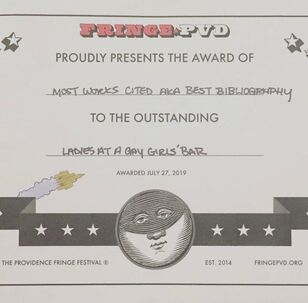
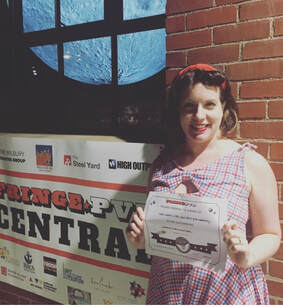
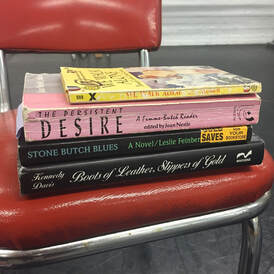
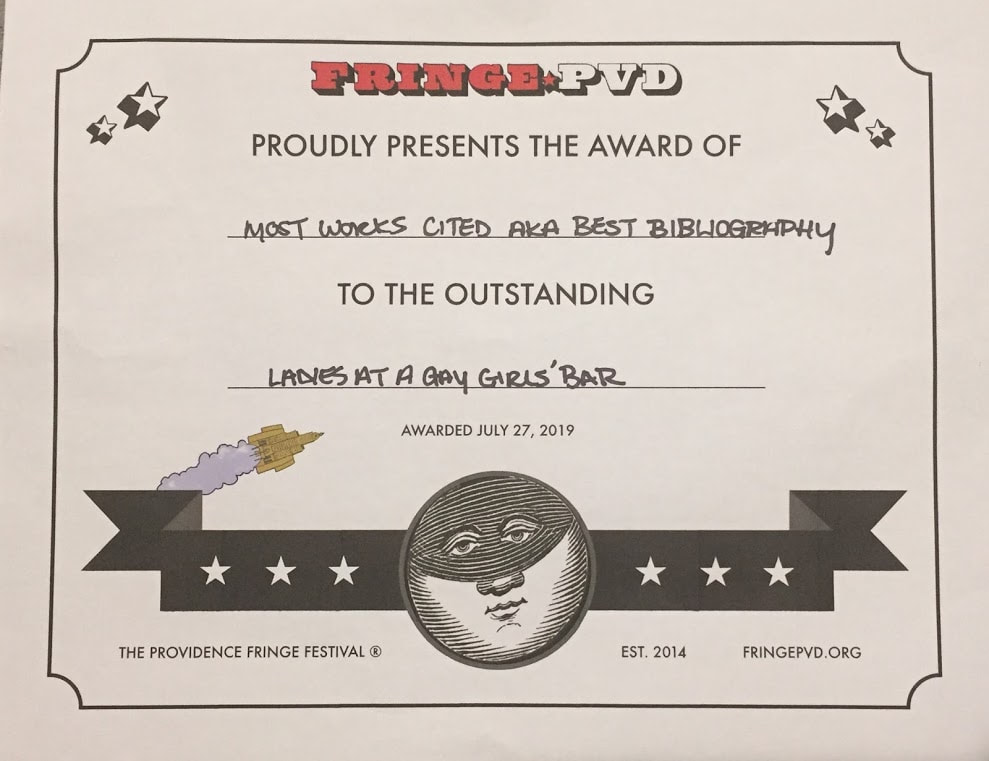
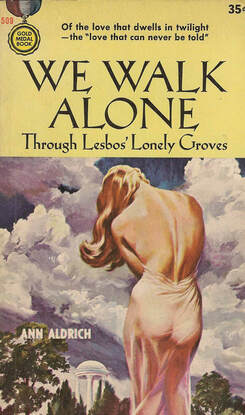
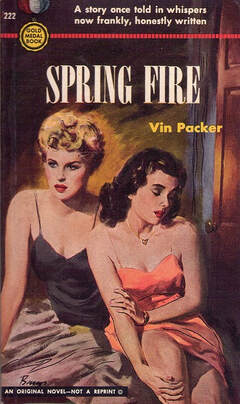
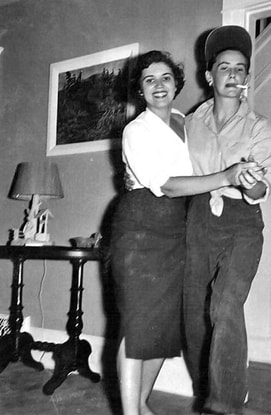
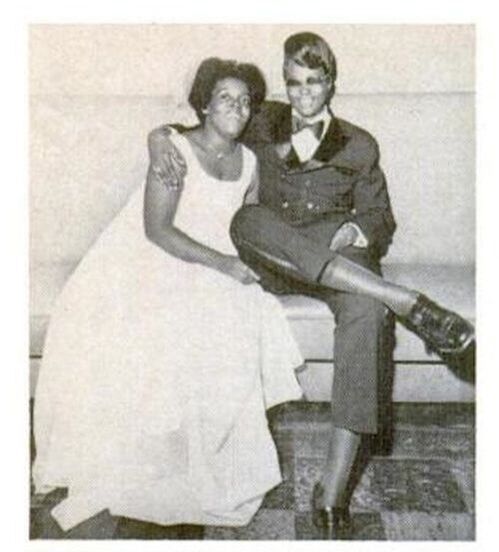
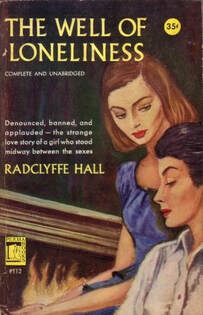
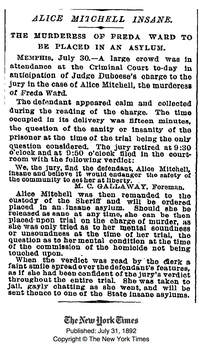
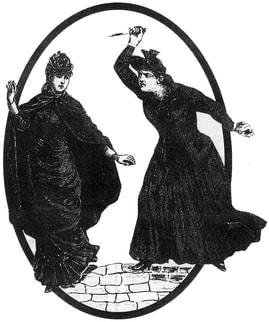
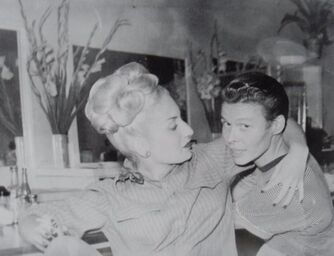
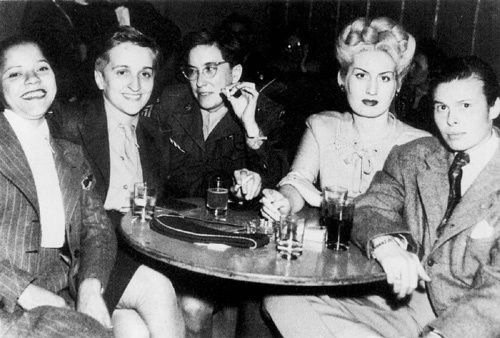
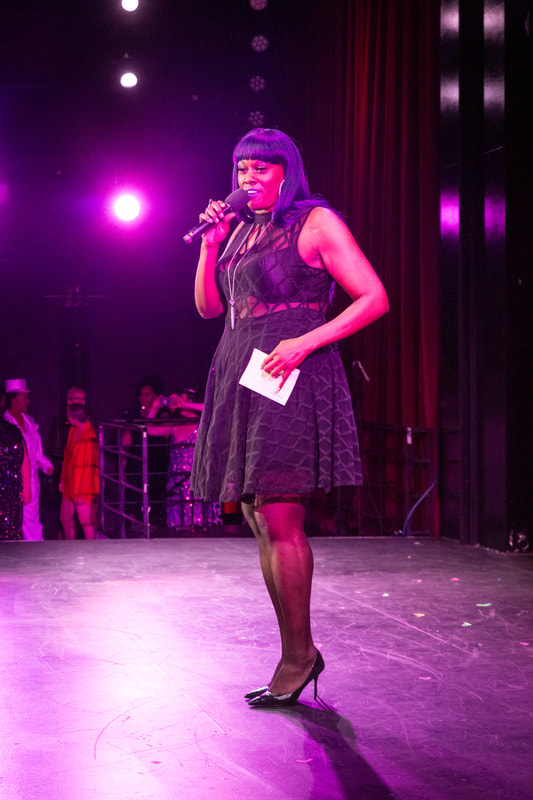
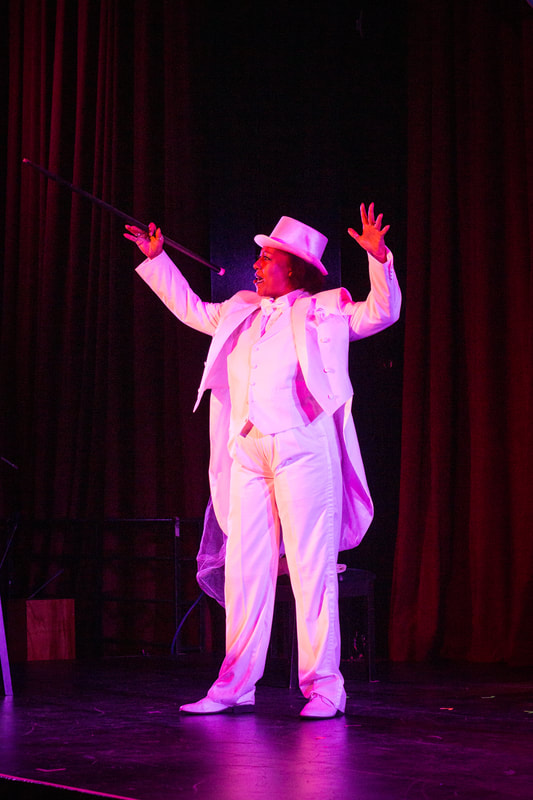
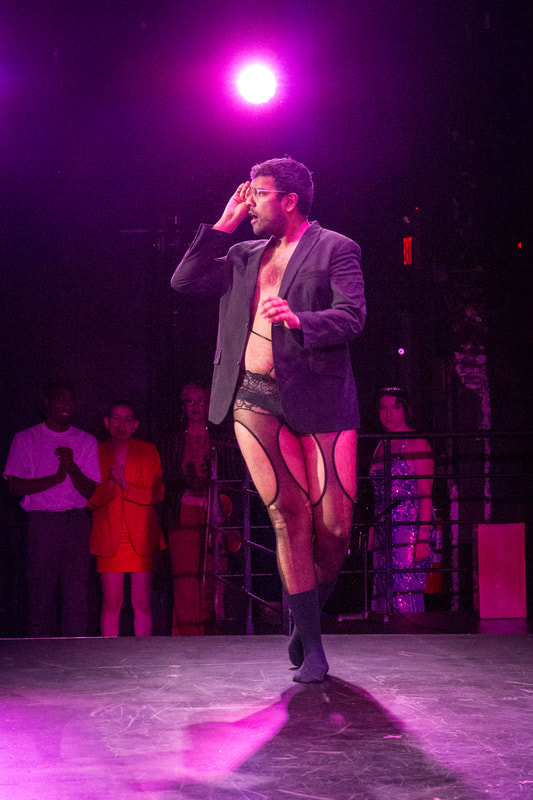
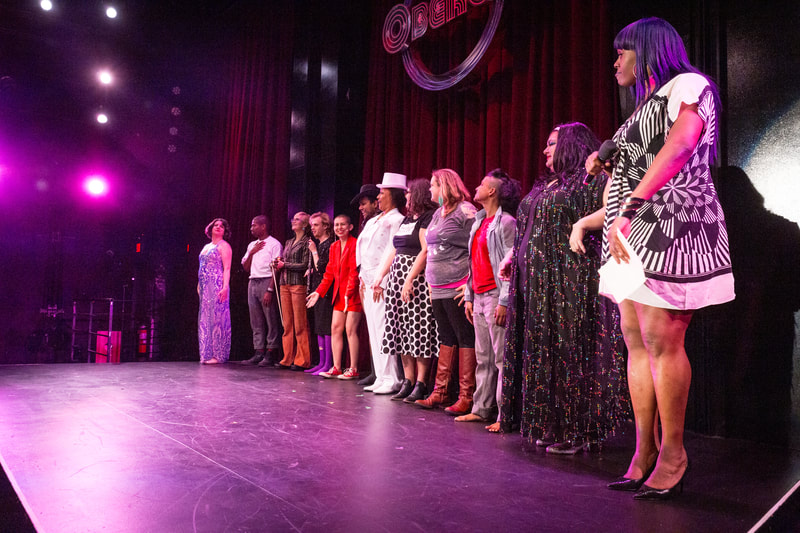
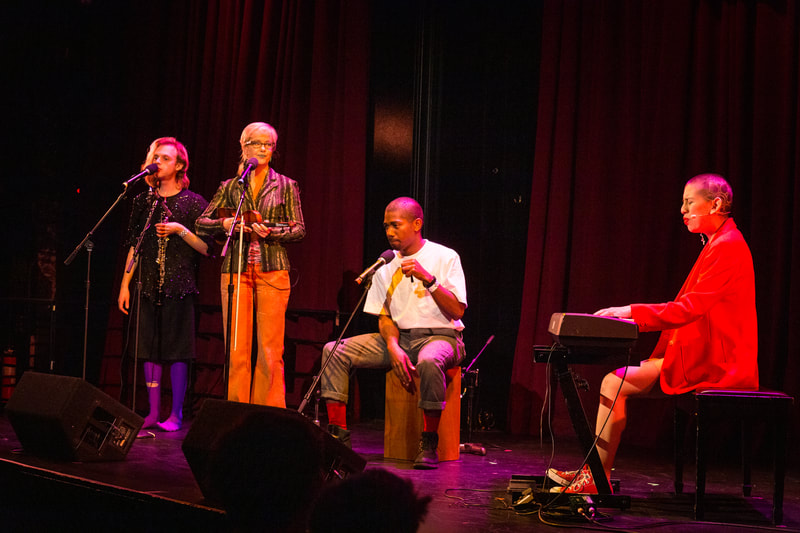
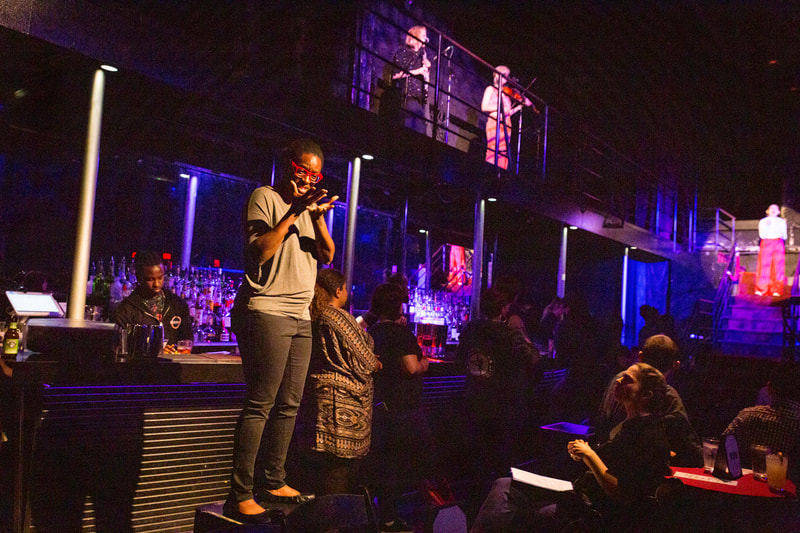
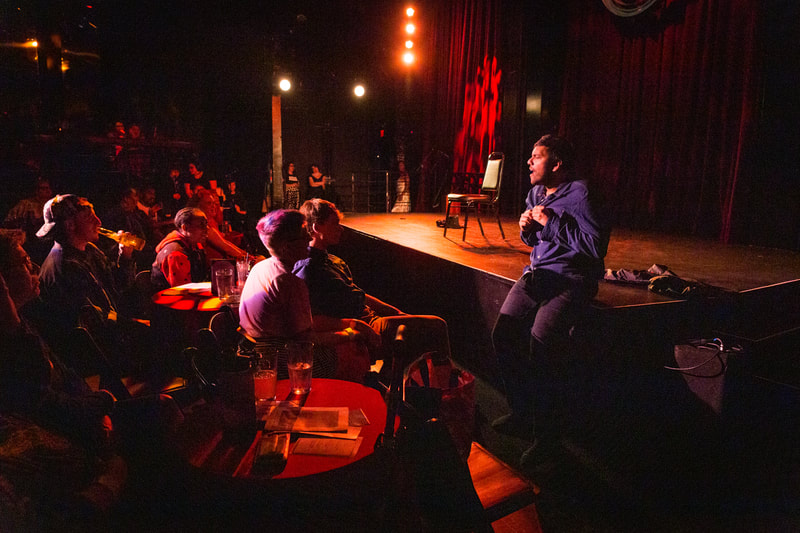
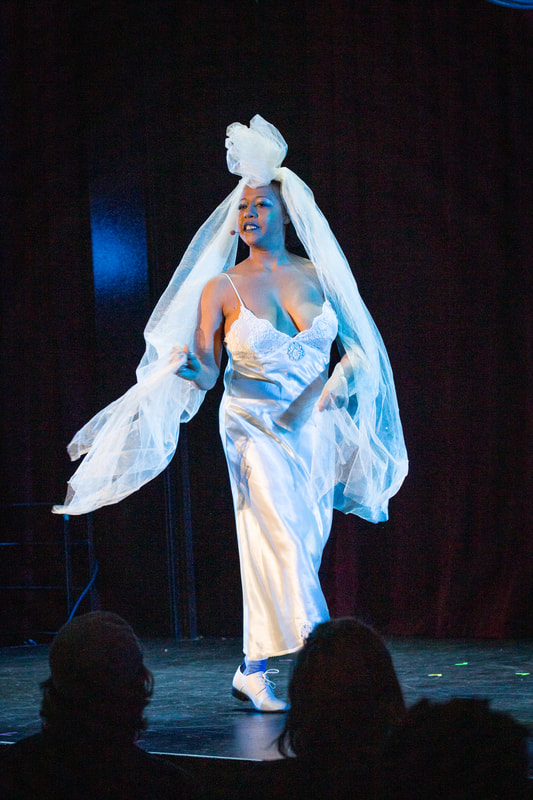
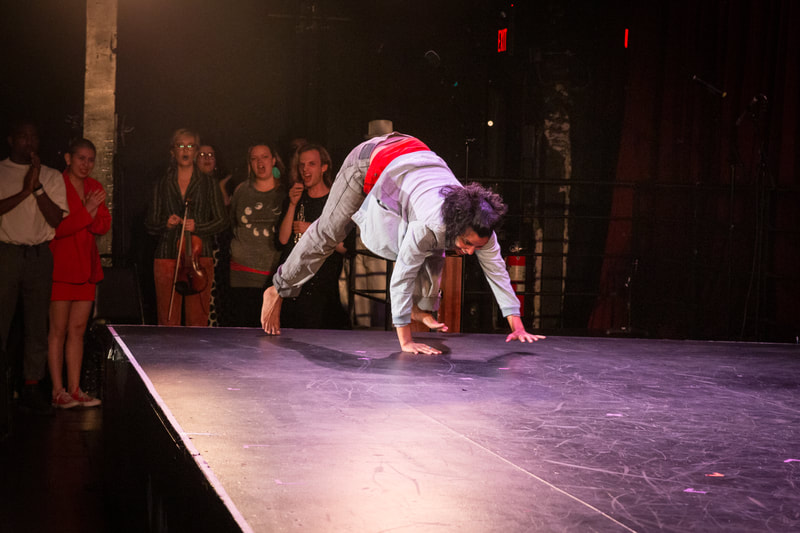
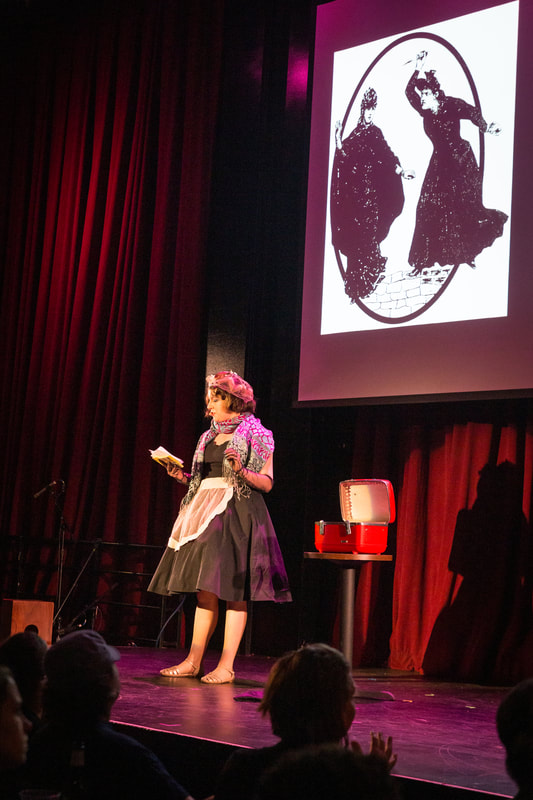
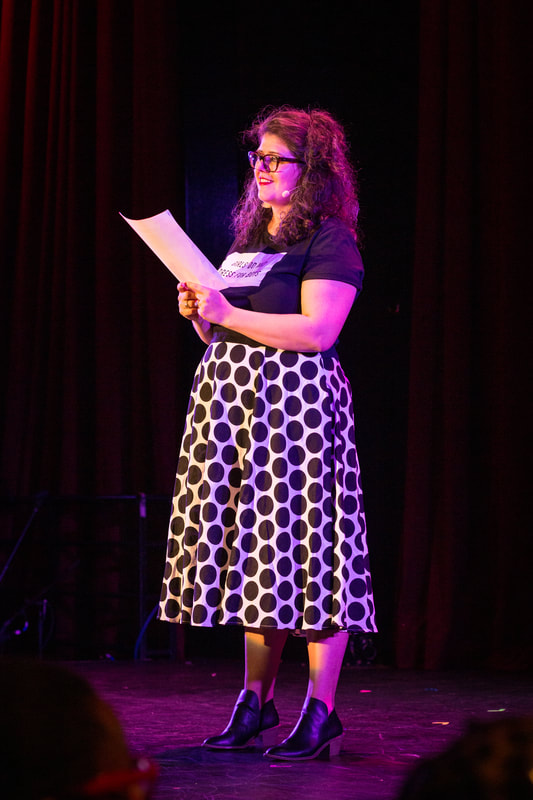
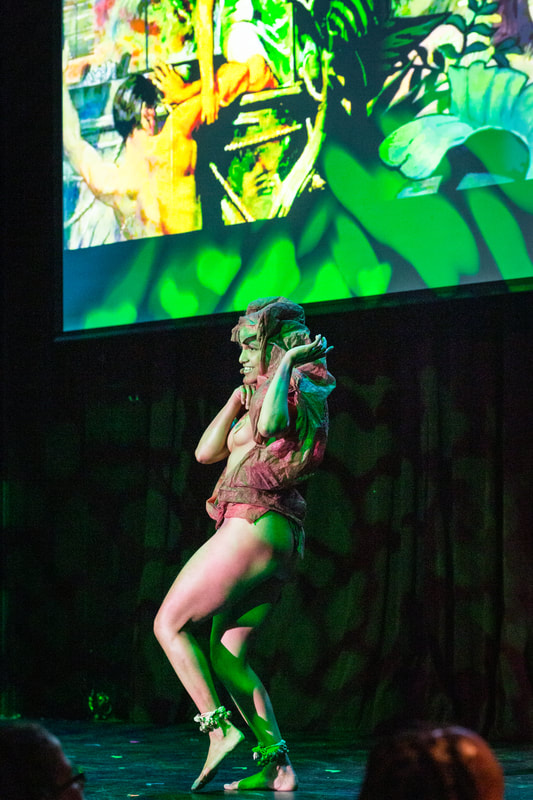
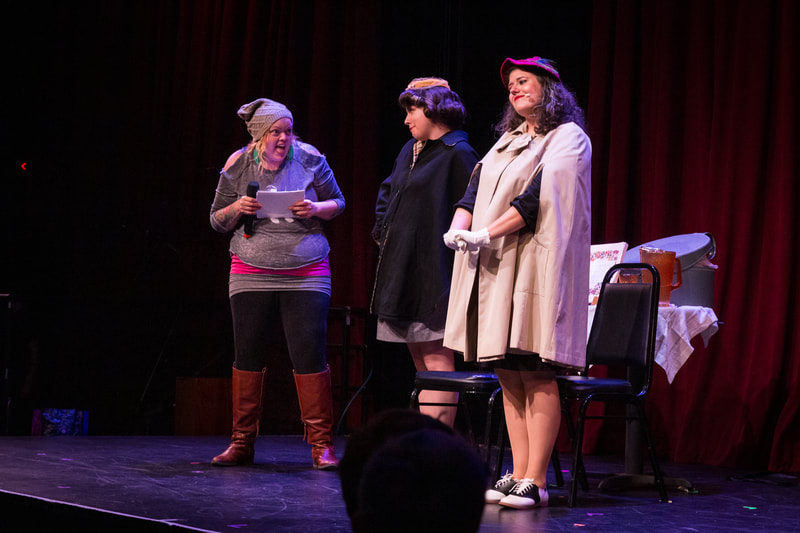
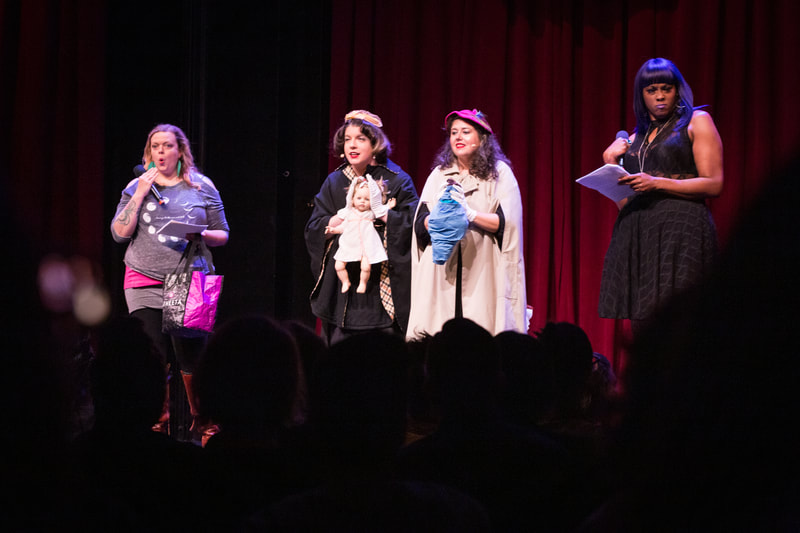
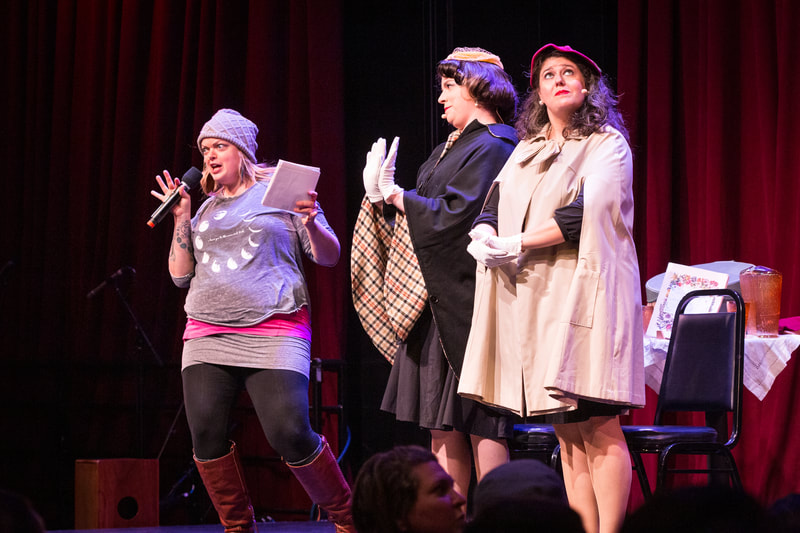
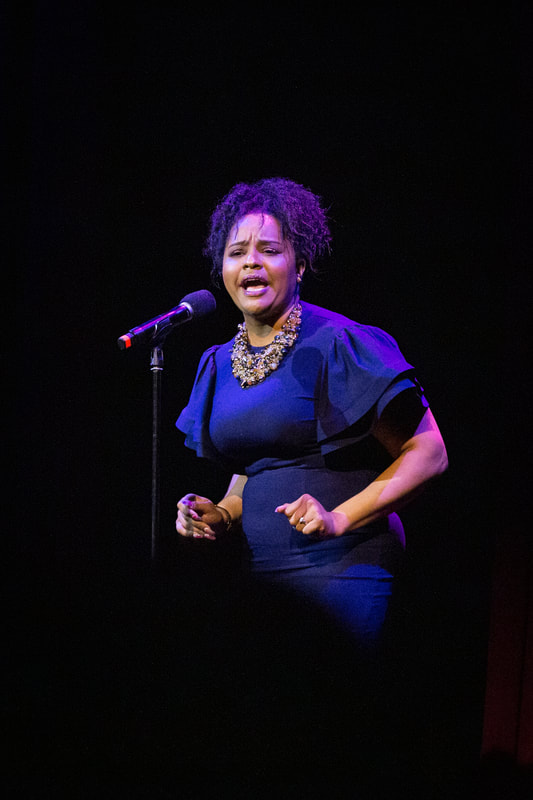
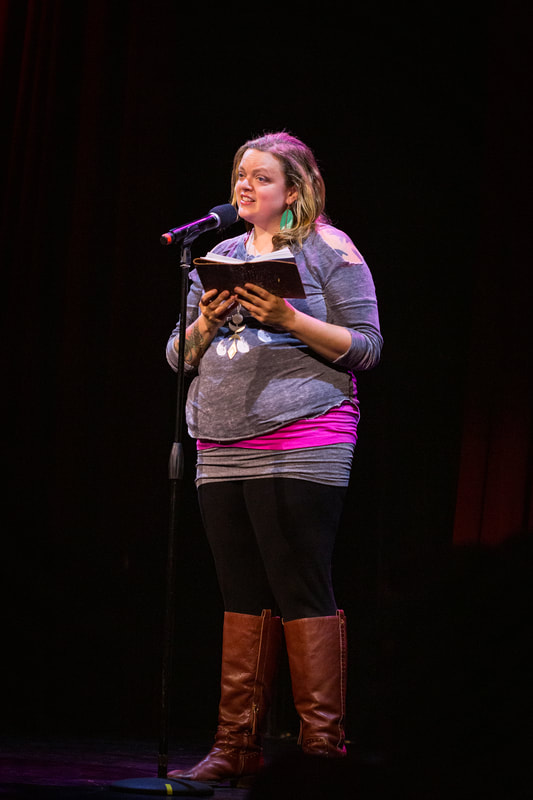
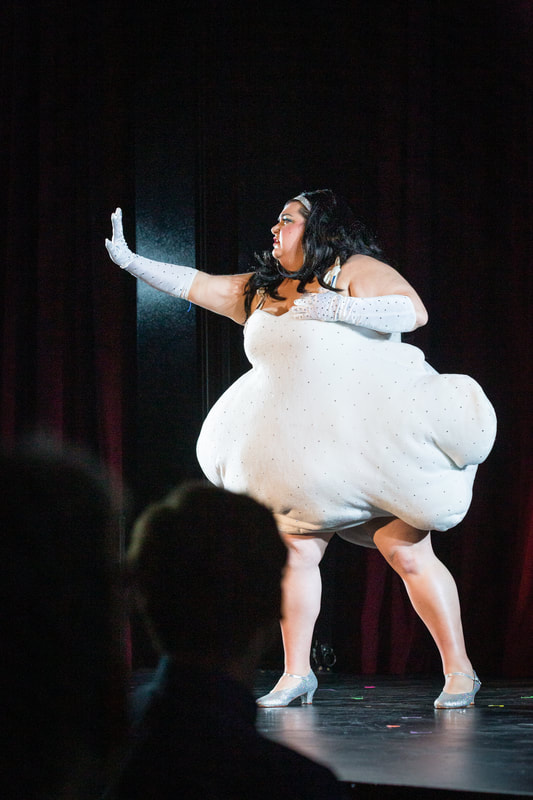
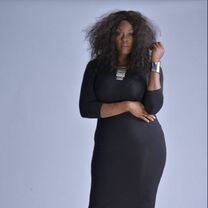
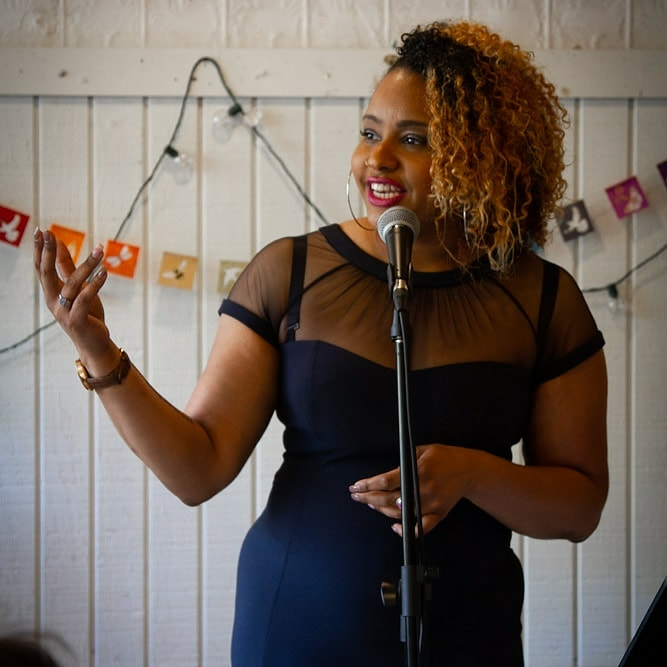

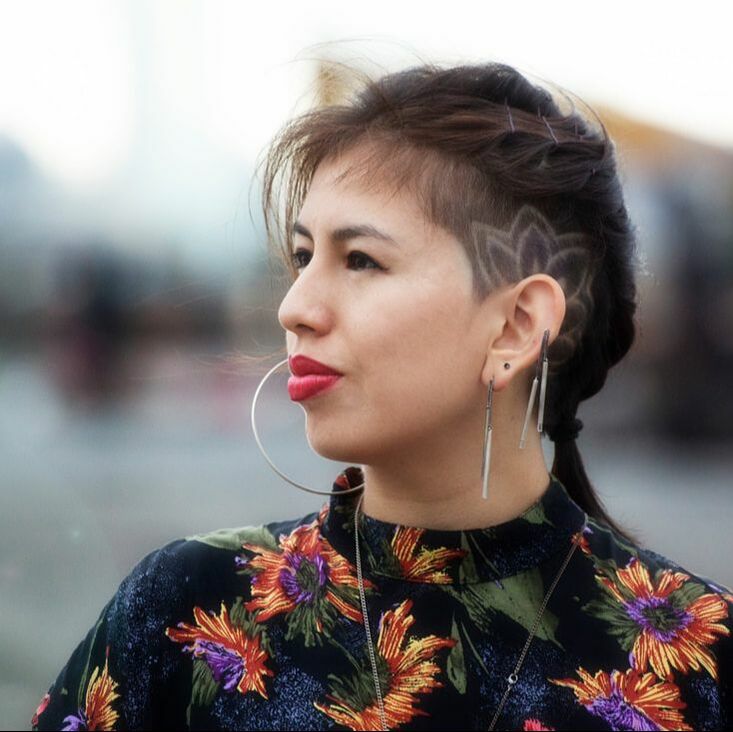
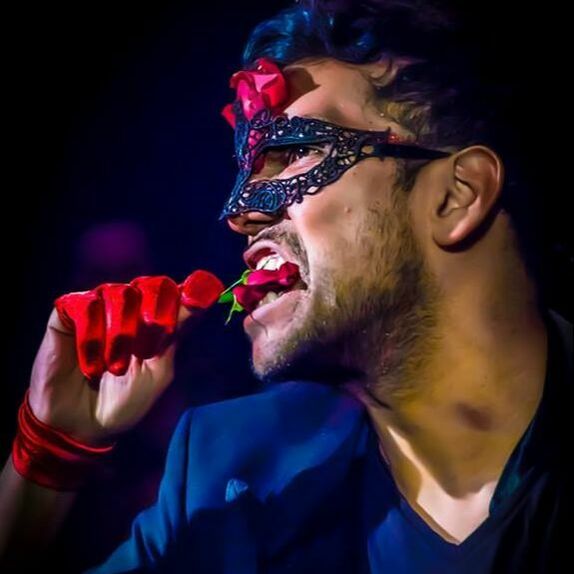
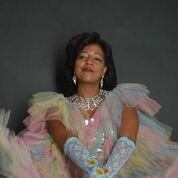
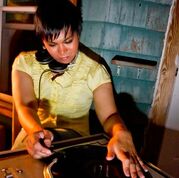
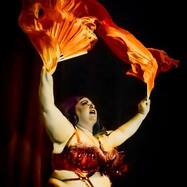
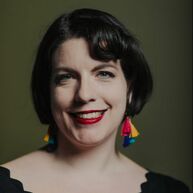
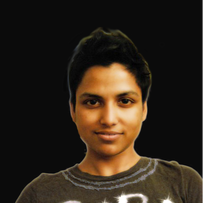
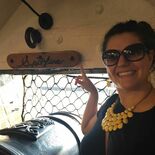
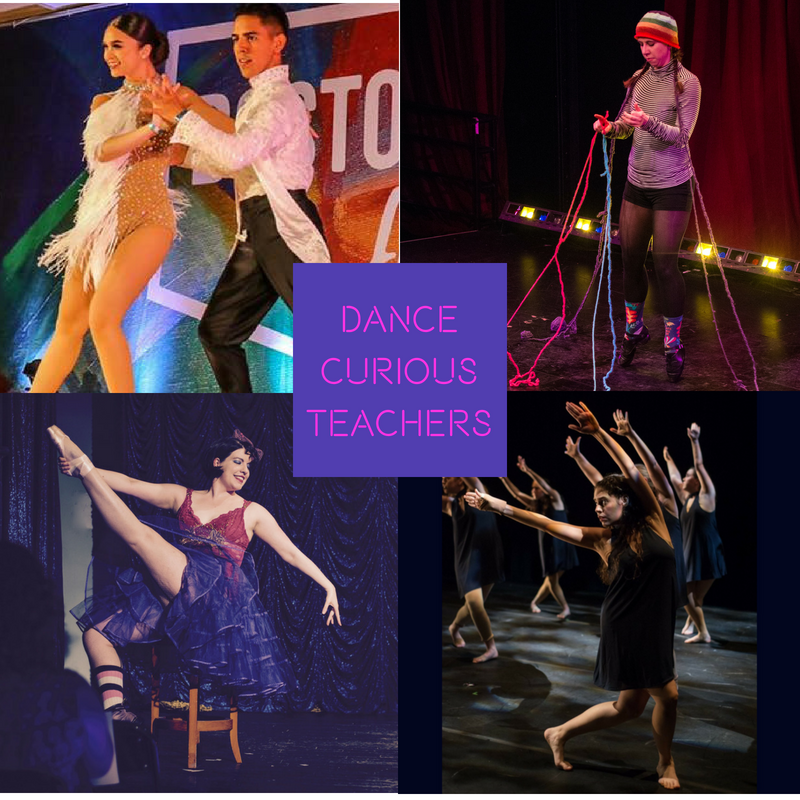
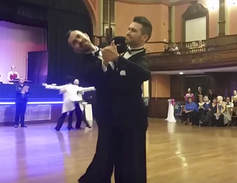
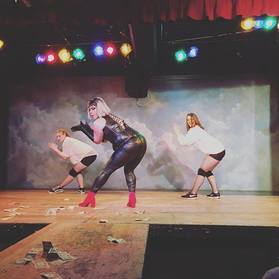
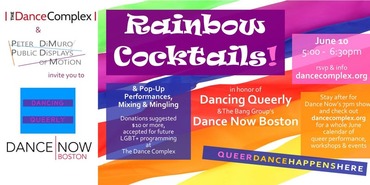
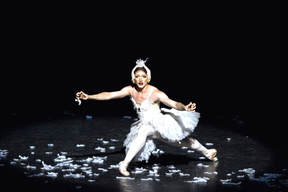
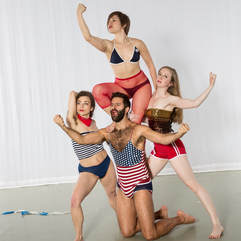
 RSS Feed
RSS Feed